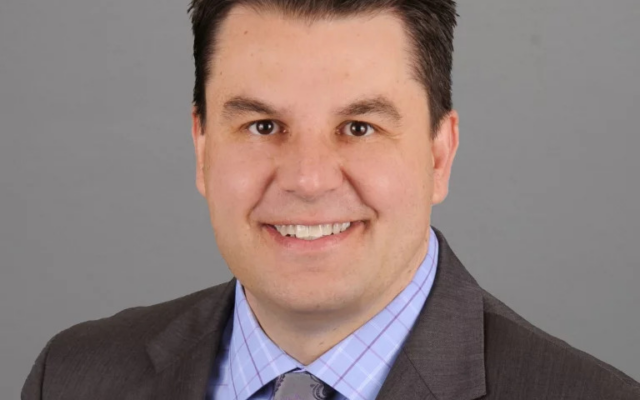Medical Marijuana board makes recommendations on PTSD, THC level

ANKENY — The state board which oversees medical marijuana is recommending allowing patients with post-traumatic stress disorder to qualify for Iowa’s medical cannabis program.
Medical professionals approved the recommendation after saying there’s not enough scientific evidence supporting use of cannabis to treat PTSD. Board member and doctor Lonny Miller says it’ll be several years before strong scientific conclusions can be drawn about cannabis as a medical treatment.
He also shared a story about his friend who had PTSD and committed suicide. “And again there are risks to the CBD and the reports discuss that. Now, the risks of untreated PTSD are numerous as well,” Miler says. “At the very least, they live a miserable existence. At the very worst, they die,” Miller says.
Several members of the public testified in favor of allowing medical cannabis for PTSD, and one testified against, warning the board about potential health and safety risks.
The board is also recommending lawmakers remove the three percent cap on THC in Iowa’s medical cannabis products. THC is the chemical that makes cannabis users high. They recommend allowing patients to obtain up to 4.5 grams of THC in a 90 day period, with some exceptions. The legislature passed a bipartisan bill this spring that would’ve allowed for 25 grams of THC in 90 days — but Governor Kim Reynolds vetoed it.
Board member and pharmacist Stephen Richards says he hasn’t seen any data to support allowing 25 grams of THC. “THC has the potential for causing harm and that’s where the danger begins to come in. So alright, if we’re going to do it, let’s be careful. And let’s keep this number what appears to be a probably reasonable level,” Richards says. Democratic Representative John Forbes, who’s also a pharmacist, asked the board to support a higher THC limit. He says some patients won’t be able to get enough pain relief under their recommendation.
The recommendations now go to the Iowa Board of Medicine for final consideration.


